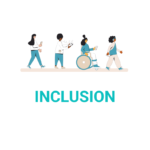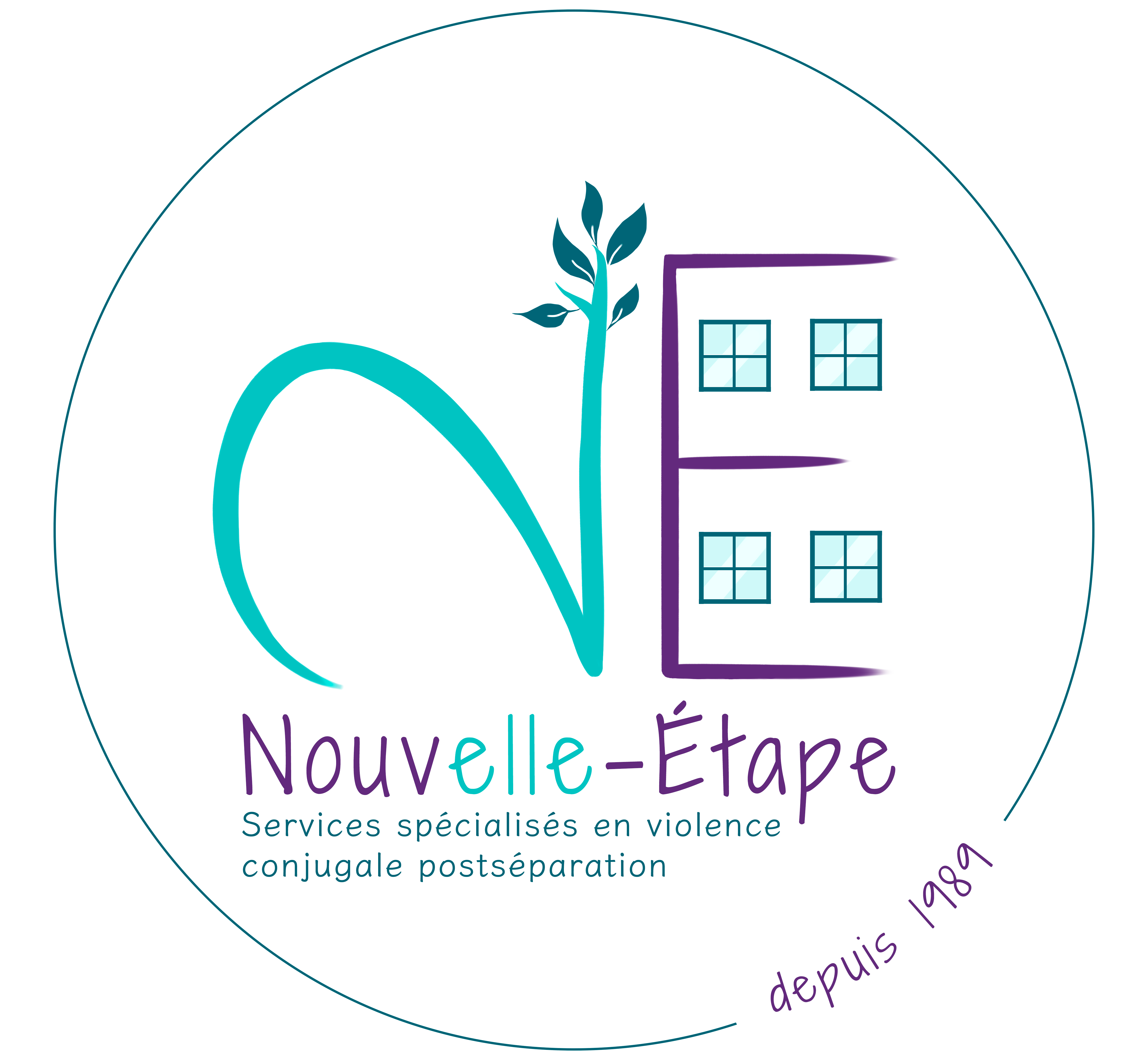About us
History
Notre organisme a ouvert ses portes en 1989 grâce à une initiative d’un des centres de femmes à Montréal. Des travailleuses de ce centre ont constaté un grand manque de ressources en matière de logement pour les femmes voulant rompre avec une situation de violence et ont mis en place un projet en collaboration avec différents partenaires. C’est alors que s’est consolidée l’idée de logements temporaires pour répondre aux besoins de sécurité des femmes aux prises avec le harcèlement de leur ex-conjoint, tout en leur permettant d’assurer une démarche d’autonomie.
From the very beginning, the Nouvelle-Étape Board of Directors realized that, due to a lack of funding, women and children's services were precarious. As a result, the Board of Directors decided to ask the women's center to take over the full implementation of the program. This was made possible by the women's center, which at the time was able to secure funding for the project.
In 2018, with the hard work of the Alliance des maisons d’hébergements de 2e étape pour femmes et enfants victimes de violence conjugale postséparation, we officially received our first funding for our global mission. We then began the process of consolidating and improving our services, especially regarding the milieu community living environment program and the specialized socio-legal services.
In 2019, the funding for second stage shelters officially became recurrent, leading us to start a strategic reflection with the women's center. In June 2020, an official decision was made regarding autonomy for Nouvelle-Étape. We are therefore forming a brand new team to take on this new challenge !

Mission
Nouvelle-Étape est une maison de 2e étape qui offre des services spécialisés en violence conjugale postséparation par l’entremise entre autres, d’un hébergement sécuritaire et transitoire.
Postseparation domestic violence : what is it ?
"It is domestic violence that occurs in all forms in the postseparation context. The postseparation context is when the woman decides to end the relationship and begins a process of reorganizing her life and regaining power. This is a period when the former partner's domination and control strategies change, multiply and persist, exposing the woman and her children to a greater risk of harm to their physical and psychological safety, up to and possibly including homicide" (L'Alliance des maisons d'hébergement de deuxième étape pour femmes et enfants victimes de violence conjugale postséparation)
Through our services, Nouvelle-Étape helps to: reinforce women's autonomy; help strengthen the mother-child bond; support children in their experience and act on the consequences of domestic violence; contribute to social changes related to domestic violence; promote social awareness concerning the issues of domestic violence; offer an adequate response to women and their children in the long term.
Our vision :
Nouvelle-Étape wishes to be a platform that empowers women to change their living conditions, ensuring their safety, stability and autonomy.

Values

The uniqueness of people is a treasure. Every woman is welcomed in her globality and with her diversity. By paying close attention to the specific needs of each woman and by ensuring equity for all.

The necessity to unite in order to emancipate by being part of a group that aims to counter all forms of oppression. Through collaboration, mutual listening, and the search for collective well-being.

The right to be yourself and to exist. To have the opportunity to make fully informed and conscious decisions. Through a secure environment that promotes the empowerment process.

By promoting kindness and sensitivity to the well-being of all. By respecting yourself, others and your limits. Through actions of profound humanity.

Together, seeking a violence-free society and equal rights for all. Through activism, mobilization and advocacy, fight systemic oppression.

Inner strength that allows innovation in a hopeful vision to aim for a better life. Through a mobilizing creativity and a space of freedom and discovery.
Intersectional feminist intervention approach
Intersectionality is an inclusive feminist approach that acknowledges the intersection of the systems of oppression through which a person may find themselves. In other words, in addition to acknowledging that the patriarchal system oppresses women, the recognition of other systems of oppression (classism, racism, homophobia/transphobia, ableism, ageism, etc.) makes the understanding of women's experiences more inclusive and accurate. All of these systemic discriminations and violences must be addressed simultaneously since one does not prevail over the other and because they reinforce each other.
Here is how it translates into our interventions:
- Empowering women to control their lives (empowerment) while respecting their own pace;
- Supporting and providing women with the tools they need to reach their full potential for autonomy;
- Promoting alliance through empathy and transparency in an equal relationship;
- Believing in women's lives and recognizing that they are the true experts and that they are free to make their choices and to control their own bodies.
- Promoting advocacy by demanding structural change. With women: to be critical of the patriarchy and gender stereotypes that support the oppression of women;
- Joining forces with women to be aware of their individuality and their globality by taking into account all the systems/forms of oppression they experience and supporting them in their action;
- Recognizing how we are positioned at the intersection of the different systems of oppression, our privileges and deconstructing our biases;
- Welcoming all women with openness and regardless of their situation and their methods of survival. Recognizing that the difficulties encountered are directly related to the violence they have experienced;
- Personalizing our interventions according to each woman's reality, her social conditions and her motivations for making decisions;
- Putting women's experiences into perspective by encouraging them to speak out and share their experiences in groups;
- Promoting the approach "by, for and with women";
- Supporting women in their journeys by defining violent behavior as a choice and a power issue rather than a loss of control.
